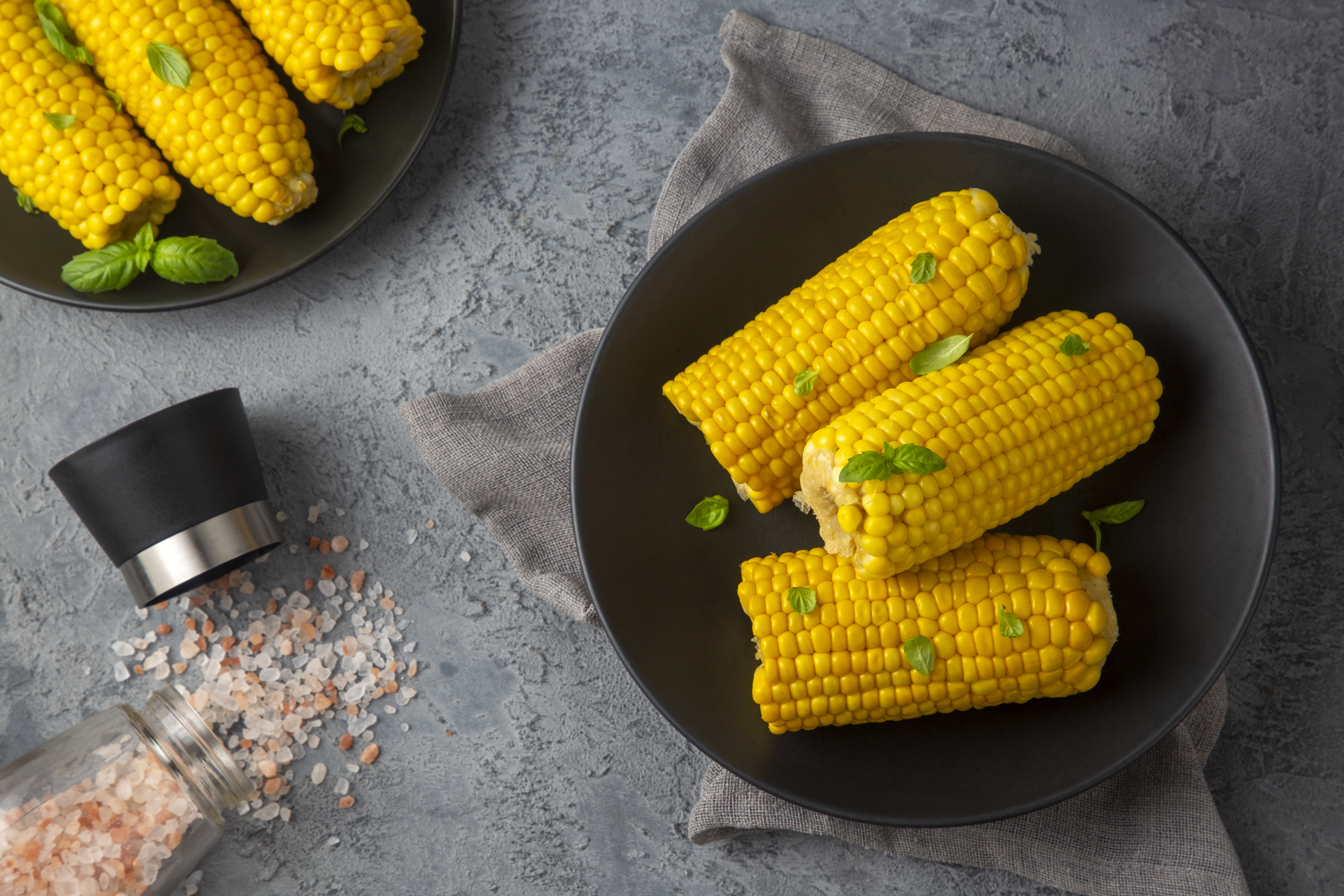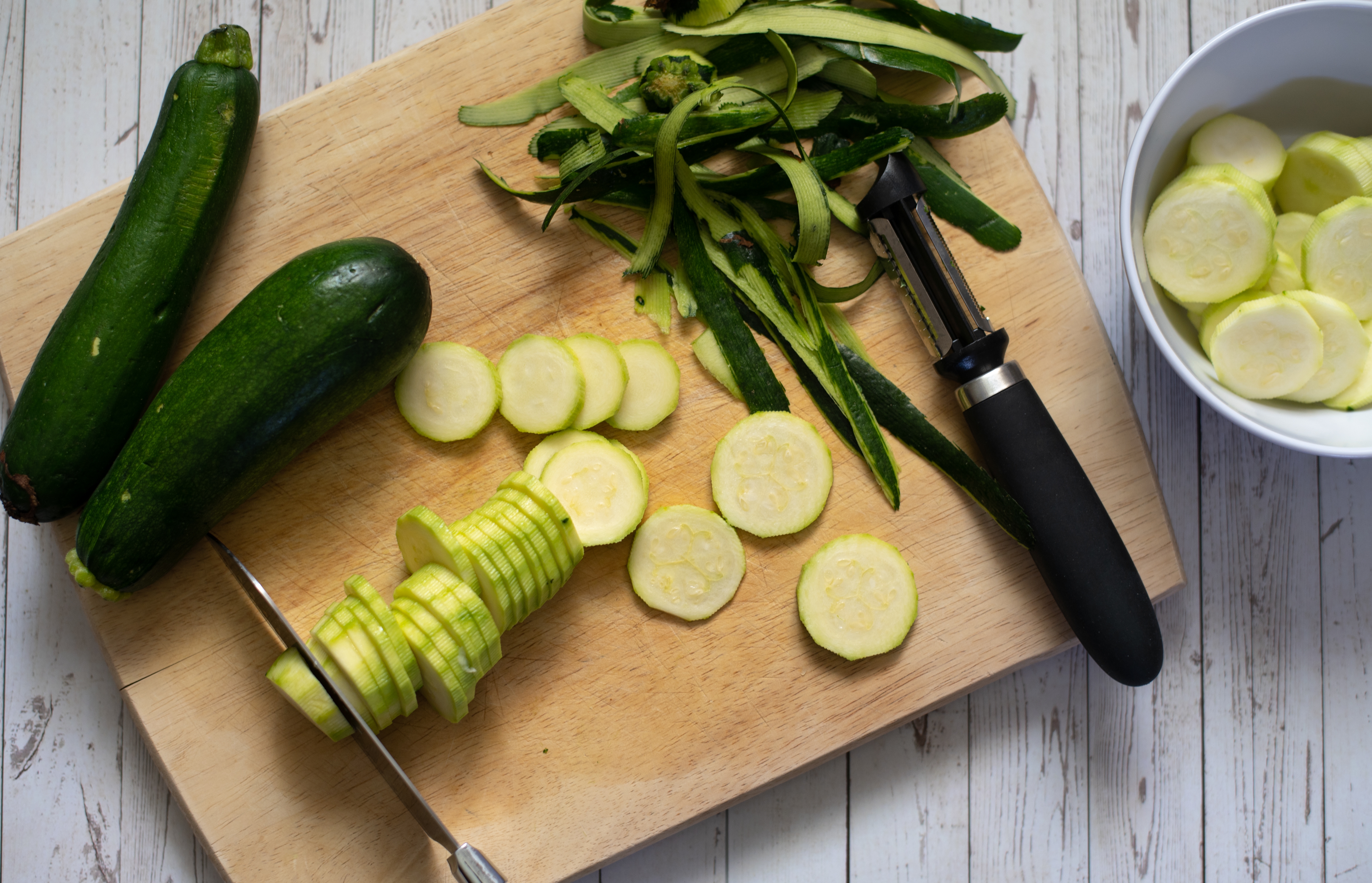Common Cooking Mistakes That Destroy Your Food’s Nutrients
3. The Impact of Cooking Time on Nutrient Preservation

Time is a critical factor in the cooking process, and its management is essential for nutrient preservation. Prolonged cooking times, especially at high temperatures, can lead to significant nutrient loss. For instance, boiling vegetables for an extended period can cause up to 70% of their Vitamin C content to be lost. Quick-cooking methods, such as blanching or flash steaming, are effective in retaining the nutritional integrity of vegetables. These methods not only preserve nutrients but also enhance the color and texture of the food. By being mindful of cooking times and opting for shorter, high-heat cooking methods, you can ensure that your meals are both nutritious and delicious.
4. The Influence of Food Preparation on Nutrient Content

Before cooking even begins, the way food is prepared can have a significant impact on its nutritional content. Washing, peeling, and cutting can all lead to nutrient loss if not done carefully. For example, peeling fruits and vegetables can remove a substantial amount of fiber and nutrients found in the skin. Similarly, cutting food into smaller pieces increases the surface area exposed to air and heat, accelerating nutrient degradation. To mitigate these effects, consider washing produce thoroughly but gently, and try to retain the skins of fruits and vegetables whenever possible. Additionally, cutting food just before cooking can help preserve its nutrient content by minimizing exposure to oxygen and light.
